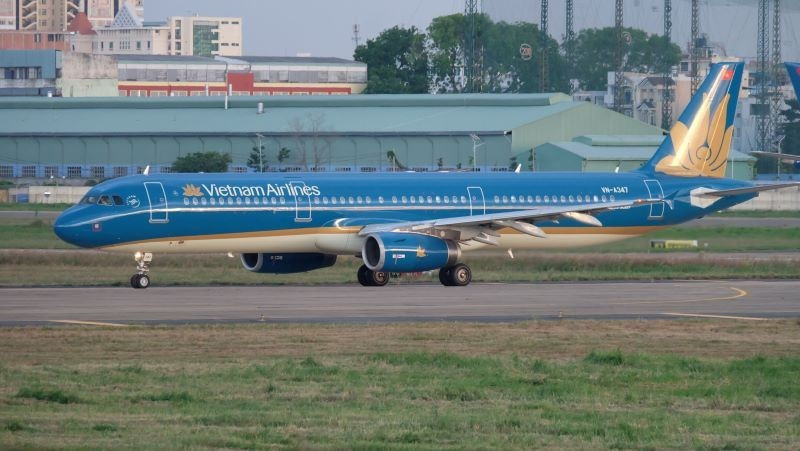At the annual conference of the International Air Transport Association (IATA), taking place from June 4 to 6 in Istanbul, Turkey, measures were discussed to prevent disorder and disruption of aviation operations in 2022, as well as customer compensation.
After a long period of stagnation due to the COVID-19 pandemic, the world aviation industry has seen the “light at the end of the tunnel”. The IATA forecast that the global aviation industry could achieve a profit of 9.8 billion USD this year, after a loss of 3.6 billion USD in 2022.
An expert of PC Agency said that travel demand in the world is at record highs, after three years of being restrained due to the pandemic. Within the past month, a series of airlines reported profits, thanks to high passenger traffic.
Specifically, the net profit of Ryanair (Ireland) has increased sharply to 1.4 billion EUR in the 2022-2023fiscal year, due to a spike in passenger traffic and 13-14% higher than the level before the outbreak of the COVID-19 pandemic.
Emirates of the United Arab Emirates (UAE) also earned a profit of 2.9 billion USD in 2022, the highest level ever. The strong resurgence of Emirates is thanks to international tourists flocking to the UAE after the country lifted restrictions to prevent COVID-19.
Although the growth prospects of the aviation industry are relatively bright, many experts still express concern about risks, including disruption of air traffic control in Europe and the US, due to workforce issues.
The US Department of Transportation recently announced a plan to raise 117 million USD, to recruit an additional 1,800 air traffic controllers by 2024. The wave of labour strikes is also a big challenge in the context that high inflation is still affecting people’s lives.
At the end of April 2023, strikes at three major German airports caused more than 100,000 passengers to have delayed or cancelled flights. The conflict between passengers and airlines also “heats-up” the issue of passenger compensation.
Canada is also reviewing its compensation law while the US is working on drafting a new law and the European Union (EU) is strengthening regulations on compensation if the flight delay is more than three hours.
Airlines still face great pressure to meet the target of neutralising emissions by 2050, because aviation is already one of the industries encountering the most difficulties to decarbonise.
Europe is a pioneer in promoting the search for “green solutions” to replace short-haul flights. In early 2023, France issued a ban on three short-haul domestic flights to reduce emissions.
Previously, in 2020, the Austrian Government introduced a tax of 30 EUR on all flights under 350km, departing from domestic airports. Spain has also set out a roadmap to cut flights to less than 2 hours 30 minutes by 2050. Other risks can include the uncertainty of global economic growth, high fuel costs and supply chain disruption, due to the conflict in Ukraine.
Like other industries, the world aviation industry is facing many opportunities, but also many challenges on the journey of recovery and development.
However, in the face of potential risks, IATA General Director Willie Walsh still believes that airlines can firmly overcome the peak of travel in the coming time, based on their experience in handling the problems that have been accumulated since last summer.
















